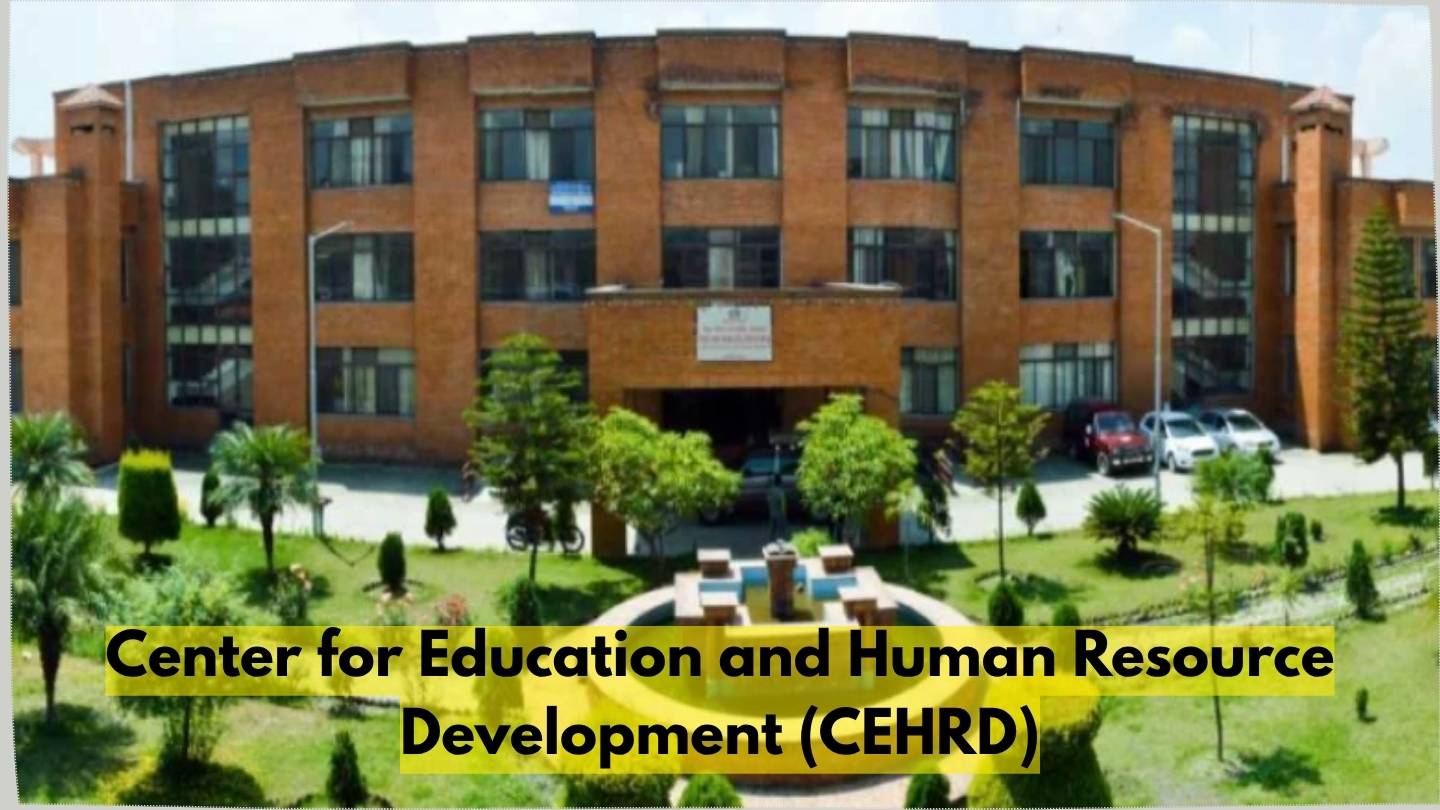
Computer Subject May Be Compulsory in Grades 9–10
The Curriculum Development Centre has begun discussions to make Computer a compulsory subject in Grades 9 and 10 from the next academic session. Following the Gen Z movement, the interim government’s Minister for Education, Science and Technology, Mahabir Pun, decided to implement compulsory computer education at the secondary level to connect children with information and technology from school level.
Curriculum Revision Under Consideration
After the minister’s decision, the Centre stated that it has advanced discussions to amend the National Curriculum Framework 2076 to make Computer compulsory. Director General Yubaraj Paudel said a concept paper has been prepared to implement computer education at the secondary level and discussion has begun.
He said, “As per the minister’s direction, the Centre has proceeded to make Computer compulsory in Grades 9 and 10 and is discussing what content to include in the curriculum. Consultations with experts are ongoing.”
Time, Structure, and Credit Hours
The Director General added that introducing a new compulsory subject will extend the school’s teaching hours, and discussions have started on how to manage this. He said, “If a new subject is added, the curriculum format must be changed. Subject-wise credit hours will also increase. As the current school hours would also need to be extended, we must take all aspects into account to decide. We are in the discussion phase.”
Stating that this can only be implemented by adding human resources and infrastructure, the Director General said it may not be possible to implement from the next academic session.
He added, “Schools currently operate for six hours from 10:00 a.m. to 4:00 p.m. Adding one subject may require operating until 5:00 p.m. We will study all the pros and cons of that. A decision will be needed on how to extend the school hours.”
He further said, “It is not enough to expand the curriculum; competent teachers are required to teach, and computer labs must be added. It may not be possible to implement from the next academic session.”
Existing Framework and Projected Hours
The National Curriculum Framework 2076 currently sets 1,024 annual working hours and 32 teaching hours for subjects totaling 700 marks. Director General Paudel said that making Computer compulsory by adding a 100-mark subject with 45-minute periods would raise the daily school time to about 6 hours and 45 minutes.
He said, “With Computer as a compulsory subject, the annual working hours would reach 1,152. The Centre is discussing the positive and negative aspects of increasing the time with experts.”
Current Subjects and Possible Changes
The government currently mandates five compulsory subjects—English, Nepali, Science and Technology, Mathematics, and Social Studies—and two optional subjects, making a total of seven subjects worth 700 marks.
Director General Paudel said that if a 100-mark compulsory Computer subject with 45-minute periods is introduced, separate preparations will be required.
He said the Centre is consulting experts on whether to extend time by reducing the credit hours of any subject and added that the current school hours, which run until 4:00 p.m., would need to be extended.
The Director General of the Centre, Yubaraj Paudel, said the National Curriculum Development and Assessment Council would need to revise the curriculum by adding Computer education as an additional subject among the currently maintained seven compulsory subjects to make a total of eight subjects.
Teachers, Costs, and Staffing
He said that making it a separate compulsory subject would require 7,100 teachers and noted it would be challenging to train existing teachers to teach the subject; therefore, separate teachers would be needed if implemented as a compulsory subject.
Ministry of Education spokesperson Shivkumar Sapkota said that further discussion will move forward only if a decision is made to open permanent sanctioned positions for teachers who will teach Computer.
Spokesperson Sapkota said the process would proceed after obtaining in-principle approval from the Ministry of Finance.
He said, “Teaching Computer will require 7,100 teachers. We have written to the Ministry of Finance to add teacher positions.”
There are 7,100 secondary schools across the country.
The Curriculum Development Centre said a concept paper estimating a cost of NPR 5 billion for adding 7,100 teacher positions has been sent to the Ministry.
An employee of the Centre said the preliminary estimate indicates an additional annual financial burden of NPR 5 billion to make Computer compulsory in Grades 9 and 10.
Citing the existence of 7,100 schools up to the secondary level nationwide, Spokesperson Sapkota said the Ministry is seeking the Ministry of Finance’s consent to add permanent Computer subject teachers on the basis of these estimates.
He said, “To implement compulsory computer education, an additional 7,100 teachers appear necessary. We have corresponded with the Ministry of Finance with a management plan. Once Computer becomes a compulsory subject, the required teachers must be permanent. As this is a technical subject, competent teachers are necessary; therefore, we plan to appoint permanent teachers.”
Spokesperson Sapkota added, “Investment is required in teacher positions and infrastructure. Adding teachers alone is not enough; schools also need computer labs. Approval from the Ministry of Finance is required for that.”
He further said, “Computer labs must be built in 7,100 schools according to student numbers. If the Ministry of Finance provides funds, implementation can begin from the next academic session. After positions are approved, we will start the process of adding infrastructure.”


